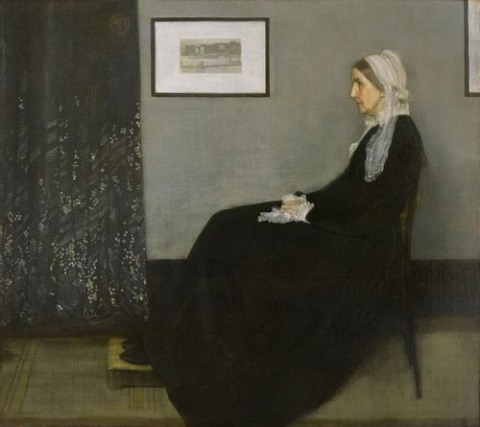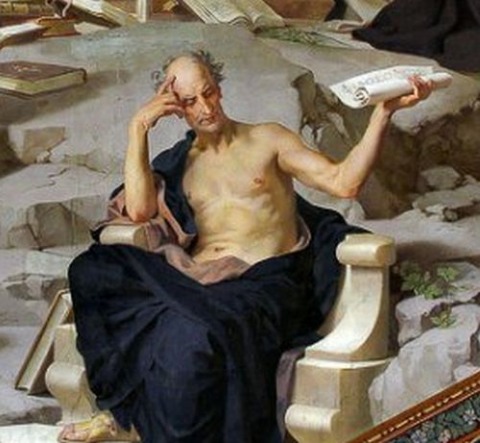

So you thought metaphysics doesn’t influence politics? Think again.
Sometimes people try to defend evils by drawing a false analogy with the natural sciences.
“Lots of things in science are counter-intuitive,” they may say. “For example, you might think the sun is only a little higher than the clouds, but in reality it’s so far from us that its light takes more than eight minutes to get here. Well, lots of things in ethics are counter-intuitive too. You might think no one should ever have an abortion, but in reality it’s often a necessary evil.”


By the lights of the popular culture, the weeks up to Christmas are “the Christmas season” when everyone is supposed to be jolly. Those who cannot rouse themselves to hilarity are often despondent. They think there is something wrong with them.


Readers:
I speculated last Sunday that scholars of different disciplines are attracted to different kinds of humor. What about historians?

I am suspicious of most fashionable theories, but the narrative theory of the self has a certain merit if one doesn’t take the metaphor it is based on too literally. Maybe we could view things like this.
In a famous talk some years ago, the philosopher Mortimer Adler delivered a lovely refutation of the modern fallacy that we never perceive anything in itself, but only perceive our idea of the thing. As he explained, the only thing I ever perceive is the thing, but I perceive it by means of the perception in the intellect. The classical thinkers called this the “intelligible species.” I do not actually perceive the idea at all – in Adler's term, it is "invisible" to me, like a perfect window. If I try to perceive the perception, all I am really doing is constructing a